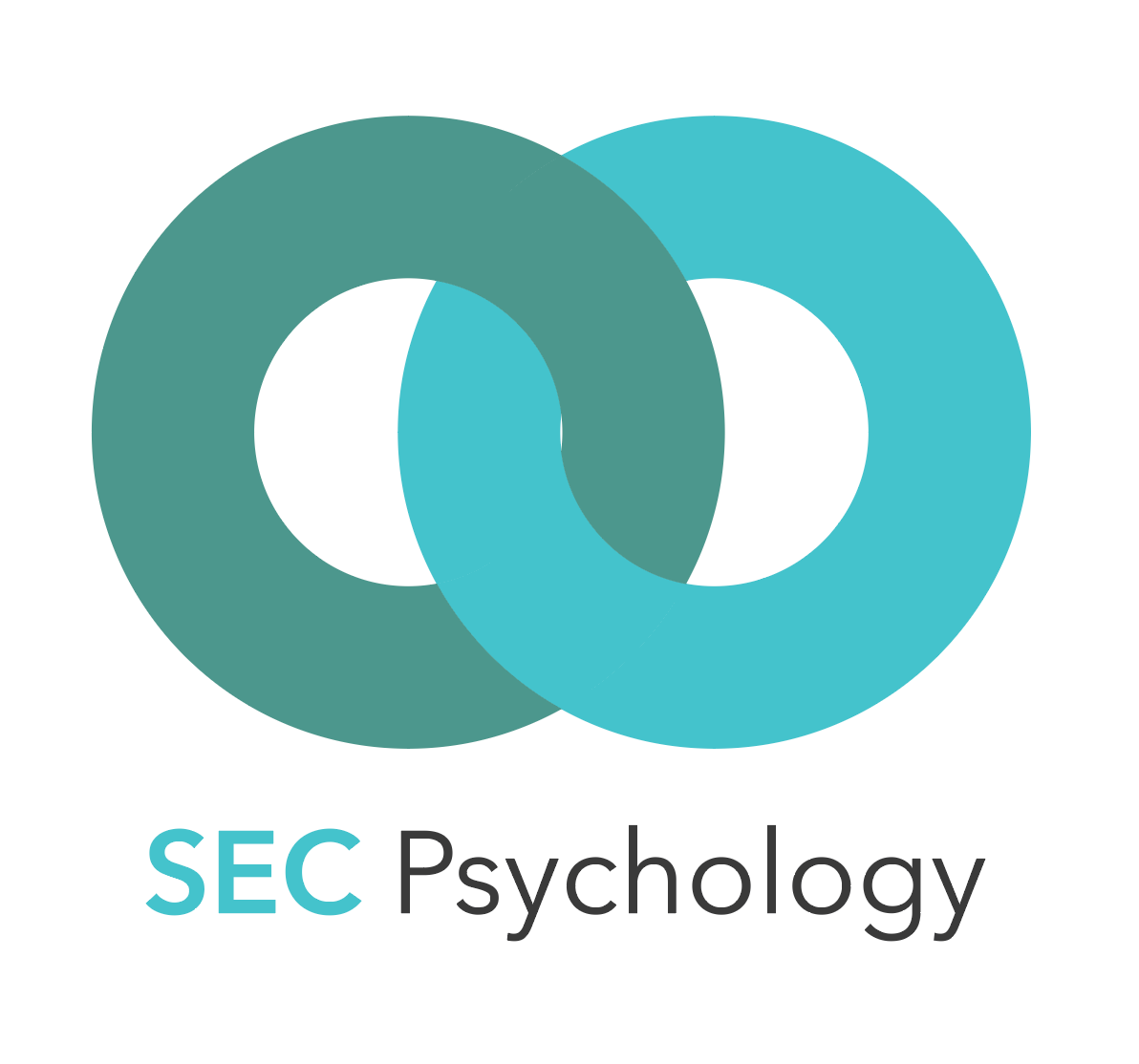ADHD in adults
-
Attention-Deficit/Hyperactivity Disorder (ADHD) is a neurodevelopmental disorder that affects both adults and children. People with ADHD typically have difficulties with attention, impulse control, and hyperactivity. However, not everyone displays every one of these symptoms and not all the time.
Symptoms can include: -
Inattention: difficulty sustaining focus, easily distracted, forgetfulness, disorganisation.
Hyperactivity: fidgeting, restlessness, excessive talking, difficulty sitting still, always on the go.
Impulsivity: interrupting others, impatience, difficulty waiting turn, acting without thinking.
ADHD can impact day-to-day functioning, including academic and occupational performance, social relationships, and overall well-being.
-
ADHD requires assessment by a trained and credentialled clinician to diagnose such as a psychologist or psychiatrist. A person with ADHD may have one or more other neurodevelopmental, mental health, or medical conditions that make diagnosis and treatment more complex. Many symptoms of ADHD can present in other diagnoses such as Autism Spectrum Disorder, Trauma and Related Conditions, and Sleep Disorders. Assessment of possible co-occurring or alternative conditions is essential for an accurate diagnosis.
Assessment includes questionnaires completed by you and if possible, a close family member or observer. These assessments are designed to assess your behaviour patterns across a range of domains and are compared to behaviour patterns of peers your same age.
The assessment package includes:
* Initial consultation (1 hour) - this session is used to gather background information about your developmental and academic history. This is also the time to share your concerns about your presenting issues.
* Online Assessments – after your initial session you will be emailed links to online assessments for you to complete. Once complete your psychologist will score and interpret your results. After this a written report will be produced which will include recommendations based on your assessment results and interview.
* Feedback session (1 hour) – this session is to discuss the results of your assessment, particular diagnosis and recommendations for future treatment.
Further information about the complexity of diagnosing ADHD in adults can be found here.
-
Treatment and support for ADHD is not a one-size fits all but rather should be tailored to your specific needs and desired functional outcome. After a diagnosis of ADHD, you and your clinician will need to decide on the treatment options that are right for you and the order in which you want to try them out. Your treatment needs and support can change over time depending on what other things are happening for you (e.g., when you are pregnant, starting contradicting medication, or needing to finish that major project, professional course, or PhD thesis).
The most important thing is that you should BE INVOLVED IN YOUR TREATMENT AND CARE PLAN. Talk to your clinician about what options are available, find out about the benefits and possible adverse effects of each approach and how accessible and/or feasible treatments are for you.
Essentially there are two approaches to treating ADHD symptoms: - pharmacological (meaning medicines prescribed by your doctor or psychiatrist) and non-pharmacological (pretty much anything other than medicines). Evidence suggests that pharmacological treatment is more effective in reducing core ADHD symptoms than non-pharmacological interventions. However, a combination of both was overall more effective than either method alone. Both target symptom reduction and improved functioning and well-being but they have different ways of going about it. Pharmacological treatments focus more on symptom reduction while non-pharmacological treatments focus more on improving functioning and well-being of the individual.
A good treatment plan should be tailored to the needs of the individual while also treating commonly co-occurring conditions such as affect dysregulation, anxiety, and low mood. Current recommendations suggest people with ADHD use both pharmacological and non-pharmacological treatments.
-
Total Assessment Cost: $1200
You may be eligible for some rebates from Medicare. Further information regarding fees is available at the time of booking.
Should you have any further queries regarding our Adult ADHD assessment process please do not hesitate to email admin@southeastclinicalpsychology.com.au or call (03) 8593 9692.
-
-
Take a survey of symptoms here


